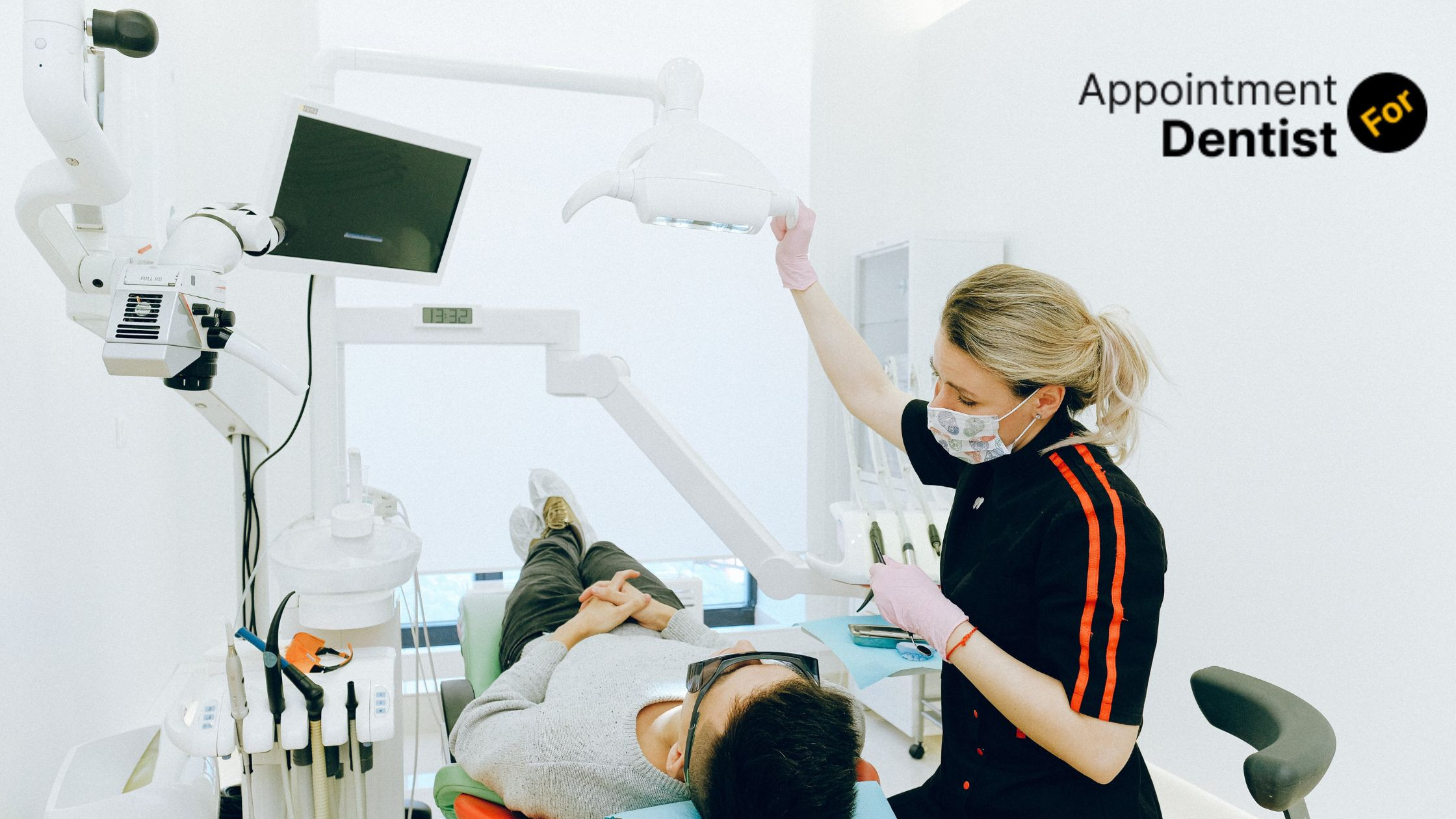
Dental Problems: Understanding, Preventing, and Treating Common Issues
Ensuring excellent oral health extends beyond simply having a radiant smile; it is a crucial component of overall wellness. Within this extensive manual, we will examine prevalent dental issues, examine methods of prevention, and provide indispensable advice on dental care to guarantee that you can proudly display a healthy smile for years to come. If you are prepared to assume responsibility for your oral well-being, begin by arranging an appointment with a dentist to address any concerns or for a regular examination.
Common Dental Problems
A. Tooth Sensitivity
Tooth sensitivity can be a common and uncomfortable issue, often causing a sharp pain when exposed to hot or cold temperatures. Recognizing the causes and implementing remedies can significantly improve this condition. If you are currently facing ongoing tooth sensitivity, it is advisable to schedule an appointment with a dentist in order to have the issue evaluated.
1. Identifying Causes
To address tooth sensitivity, it's crucial to identify potential triggers. Common causes include:
Enamel erosion
Gum recession exposing sensitive roots
Tooth decay
Grinding or clenching
Understanding the specific cause of your sensitivity is the first step toward effective management. Your dentist can conduct a thorough examination during your appointment to determine the root cause.
2. Remedies
Several remedies can help alleviate tooth sensitivity:
Desensitizing Toothpaste: Use a toothpaste specially formulated to desensitize teeth.
Fluoride Treatments: Professional fluoride applications can strengthen enamel.
Good Oral Hygiene: Brush and floss regularly to maintain overall oral health.
3. Consultation
Persistent tooth sensitivity should prompt a visit to your dentist. They can perform a thorough examination to determine the underlying cause and recommend appropriate treatment. Don't wait; schedule your appointment today to address this issue promptly.
B. Cavities and Gum Disease
Cavities and gum disease are prevalent dental problems that, if left untreated, can lead to more severe complications. Adopting preventive measures is key to avoiding these issues. Regular check-ups with your dentist ensure early detection and prevention.
1. Oral Hygiene
Maintaining good oral hygiene is the cornerstone of preventing cavities and gum disease. Here's how you can do it:
Regular Brushing: Brush your teeth at least twice a day using fluoride toothpaste.
Flossing: Clean between your teeth daily to remove plaque from areas your toothbrush can't reach.
Dietary Considerations: Limit your intake of sugary foods and acidic beverages, which can contribute to tooth decay.
2. Professional Cleanings
In addition to your at-home routine, regular professional cleanings are essential:
Frequency: Aim for dental cleanings every six months.
Early Detection: Professional cleanings allow for the early detection of potential issues, preventing them from escalating. Schedule your next appointment for a dentist for a thorough cleaning and assessment.
C. Dental Anxiety
Dental anxiety is a common concern that prevents many individuals from seeking regular dental care. Overcoming this fear is crucial for maintaining optimal oral health. If dental anxiety is holding you back, discuss your concerns during your next appointment for a dentist to ensure a more comfortable experience.
1. Communication
Open and honest communication with your dentist is vital in managing dental anxiety. Share your fears and concerns so that they can tailor their approach to make you feel more comfortable.
2. Sedation Options
For those with severe dental anxiety, sedation dentistry can offer a solution:
Oral Sedatives: Prescribed medications taken before the appointment can help relax nervous patients.
Nitrous Oxide: Also known as laughing gas, this mild sedative is administered during the procedure to induce a state of relaxation. Discuss these options during your next appointment to make your experience more pleasant.
Prevention and Maintenance
A. Regular Dental Check-ups
Regular dental check-ups play a pivotal role in preventive care, allowing for early detection and intervention. Schedule your next appointment for a dentist today to stay on top of your oral health.
1. Frequency
Aim for biannual dental visits, even if you are not experiencing any noticeable issues. These routine check-ups help identify potential problems before they escalate.
2. Early Detection
Regular check-ups enable early detection of issues like cavities, gum disease, or even more serious concerns like oral cancer. Early intervention is often less invasive and more effective.
B. Oral Hygiene Tips at Home
Daily habits contribute significantly to your overall oral health. Incorporating these practices into your routine will help maintain a healthy smile.
1. Proper Brushing
Brush your teeth using fluoride toothpaste and a soft-bristled brush. Brush for at least two minutes, ensuring you cover all surfaces of your teeth.
2. Flossing
Floss between your teeth daily to remove plaque and debris from areas your toothbrush can't reach. Proper flossing helps prevent cavities and gum disease.
3. Mouthwash
Incorporate an antiseptic mouthwash into your routine. This not only freshens your breath but also helps reduce bacteria in your mouth, contributing to overall oral health.
Faqs
-
Common dental problems include cavities, gum disease, tooth sensitivity, and bad breath. Regular dental check-ups can help identify and address these issues early.
-
To prevent cavities, maintain good oral hygiene by brushing and flossing regularly, limiting sugary foods and drinks, and attending regular dental check-ups for professional cleanings and
-
Gum disease is often caused by plaque buildup. Regular brushing, flossing, and professional dental cleanings help prevent gum disease. Early detection and treatment are crucial for managin
-
Bad breath can result from poor oral hygiene, gum disease, or underlying health issues. Maintaining good oral hygiene, staying hydrated, and addressing any dental problems can help allevia
